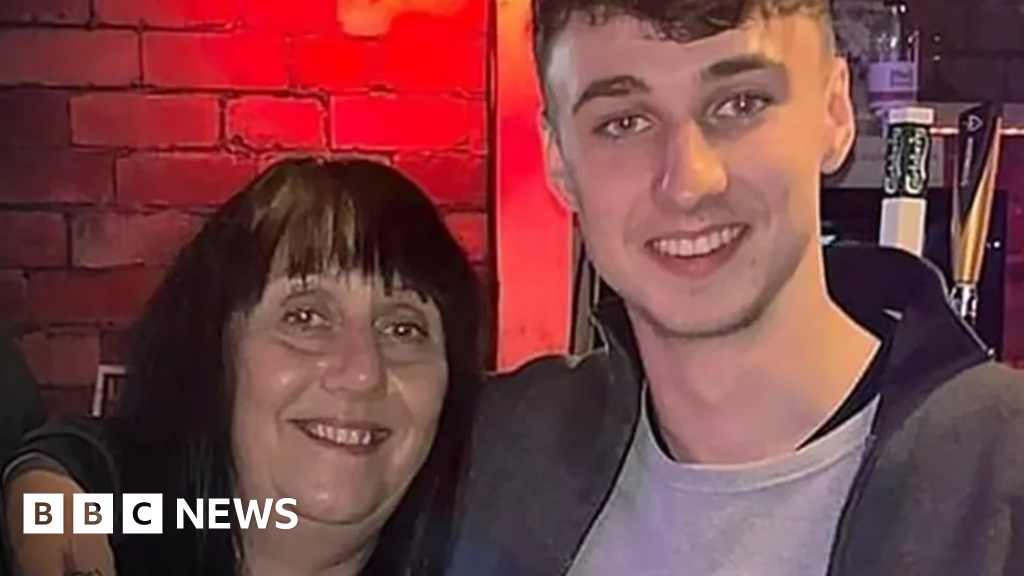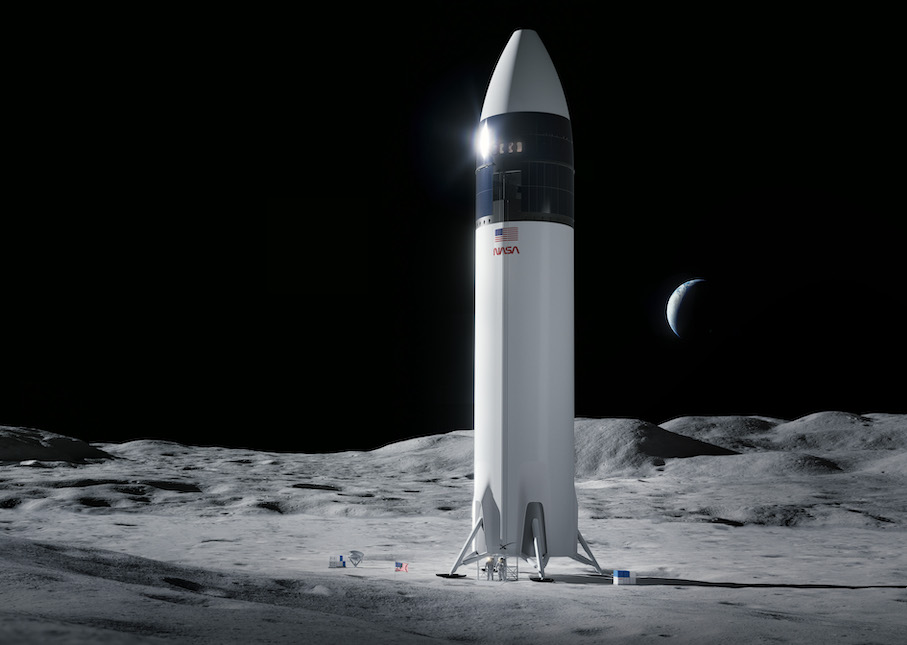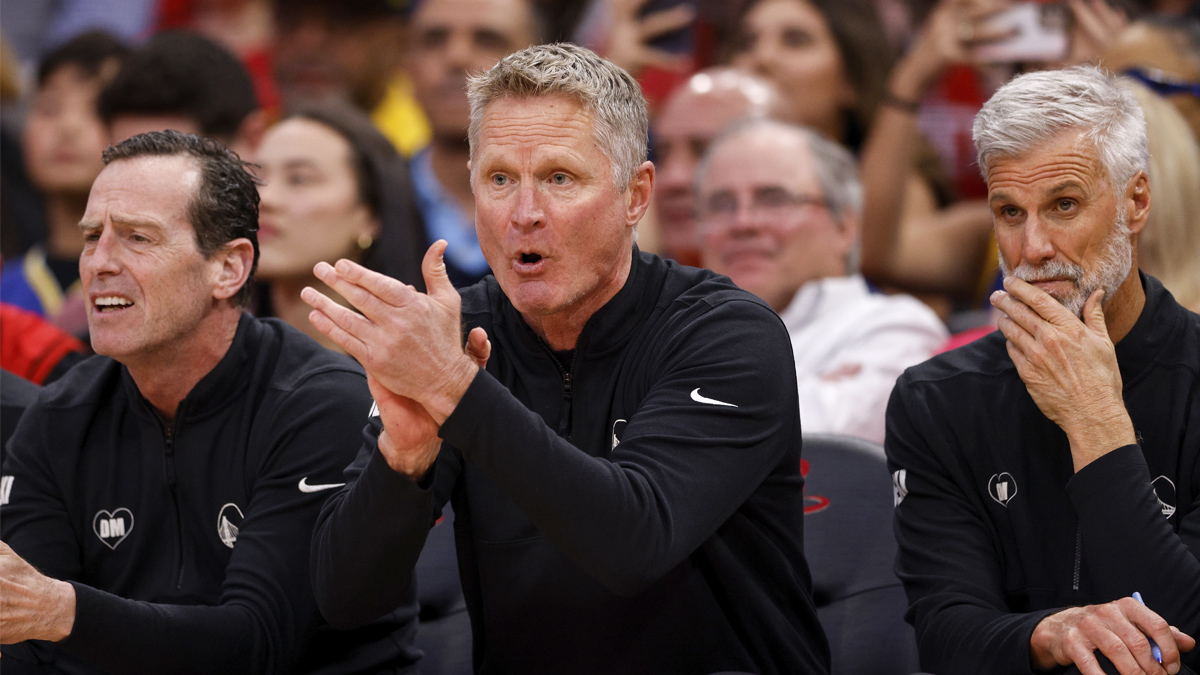“Unlicensed services like Suno and Udio that claim it’s ‘fair’ to copy an artist’s life’s work and exploit it for their own profit without consent or pay set back the promise of genuinely innovative AI for us all,” said Mitch Glazier, CEO of the Recording Industry Association of America, the industry group that Sony, UMG and Warner are all members of.
Generative AI tools like chatbots, image-generators and song-generators are built by ingesting huge amounts of human-created content. The record companies allege that Suno and Udio used songs they didn’t have the rights to when they trained their AI algorithms. Spokespeople for Udio and Suno did not return requests for comment.
As interest in AI exploded over the past year, authors, artists, graphic designers, musicians and journalists have begun pushing back against the AI industry’s use of their work to train its tech. Lawsuits have been filed against AI companies such as OpenAI by authors, comedians and newspapers.
GET CAUGHT UP
Stories to keep you informed
AI leaders generally say the use of books, news articles and art to train AI falls under “fair use,” a concept in copyright law that allows the re-use of copyrighted content if it is substantially changed. But many creators disagree, saying that their work is being stolen to train tools that could be used to replace them.
Suno and Udio allow users to generate full songs by typing in a description that might include the desired genre, lyrics and the kinds of instruments being used. Suno blocks requests asking it to generate a song mimicking a specific artist. Asking it to create a song “in the style of Dolly Parton” leads to an error message saying it’s not possible to generate something with a prompt that mentions an artist’s name, according to tests done by The Washington Post.
But the policy doesn’t seem to always apply. To support the lawsuit, the plaintiffs showed multiple examples of the AI tools creating songs that were nearly identical to real, human-produced songs. A song generated on Suno with lyrics from Jerry Lee Lewis’ “Great Balls of Fire” and the artist’s name resulted in an AI song with a chorus that has the same rhythm and lyrics as the original 1961 hit. The Post was able to re-create the same AI song in a test.
Udio doesn’t appear to have the same restriction, readily generating a mournful country song with lyrics sung by a voice that sounds similar to Parton’s when given the same prompt.
Some musicians have asked for new laws specifically protecting their likeness or the style of their music. In Tennessee, home to the Nashville music industry, legislators updated an older law earlier this year to specifically ban mimicking a musician’s voice without their permission. A bipartisan group of federal senators proposed a similar national law last year.

Carol Dennis is an entertainment aficionado with an eye for all things pop culture. She dives into the glitz and glamour of the entertainment industry, from movie premieres to music festivals. Carol’s passion for storytelling extends beyond her reporting, as she’s an aspiring screenwriter in her free time.







